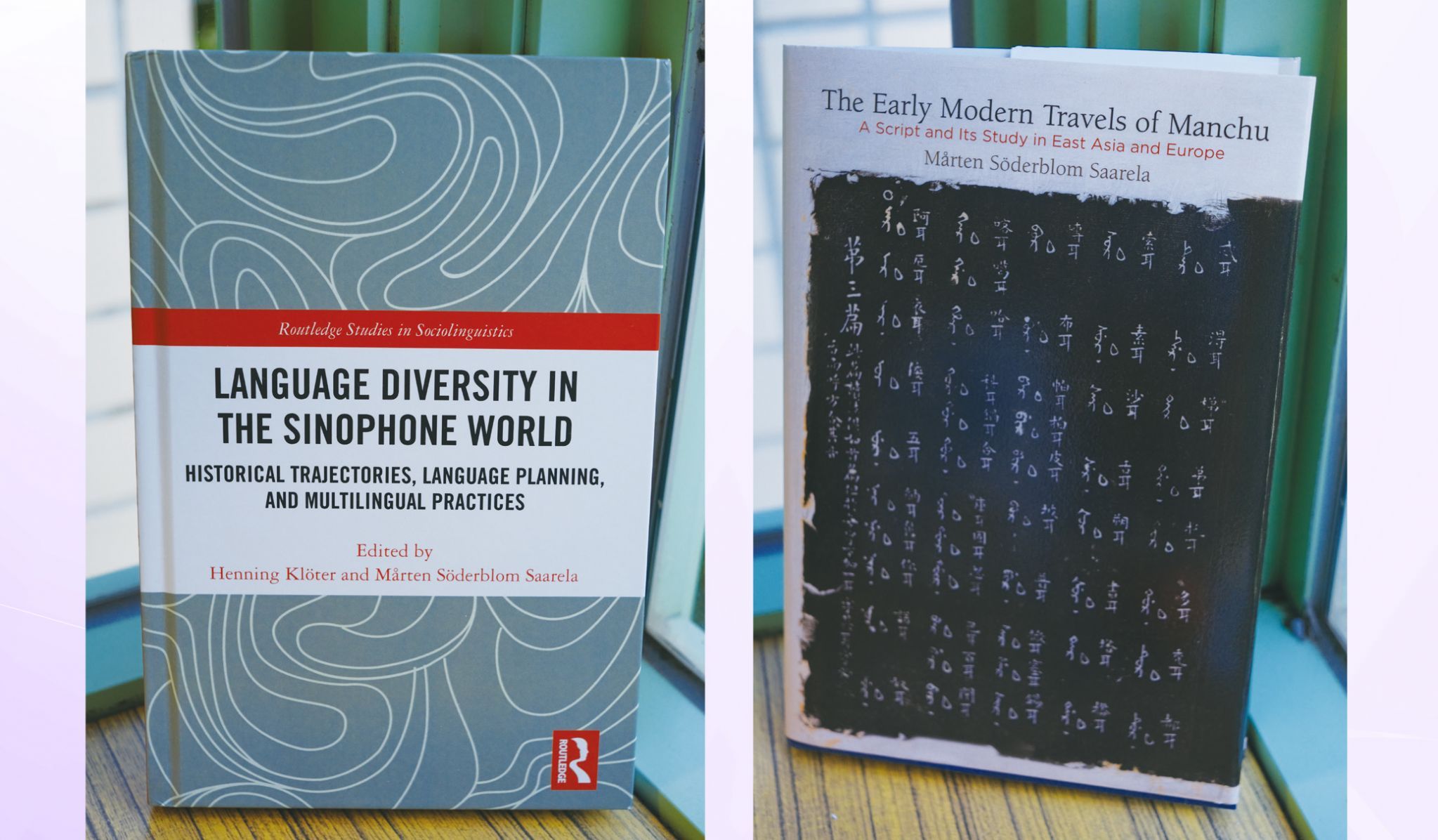馬 騰 Mårten Söderblom Saarela
中央研究院近代史研究所副研究員

學歷
- 美國普林斯頓大學東亞學博士 (2015)
- 英國倫敦大學亞非學院漢學碩士 (2009)
- 瑞典斯德哥爾摩大學法文學士 (2007)
經歷
- 中央研究院近代史研究所副研究員 (2021/6 ~迄今)
- 中央研究院近代史研究所助研究員 (2019/1 ~ 2021/6)
- 德國馬克斯普朗克科學史研究所博士後研究員 (2015/9 ~ 2018/12)
研究中華帝國晚期歷史 探究語言與知識的關係
I am a historian of late imperial China with an interest in the cultural and intellectual history of language. My first book considered how the Manchu language was developed and subsequently studied or discussed by individuals in China, Korea, Japan, Russia, Germany, and France. I argued that at both ends of Eurasia, the study of Manchu was not just contemporaneous, it was connected. Manchu thus emerges as intimately related to the globalization of the early modern world.
Since finishing the project, I have worked together with a colleague on a book manuscript that looks at the natural history of Qing Inner Asia in the eighteenth century. A plurilingual body of learning emerged in the period, which the court eventually sought to expand to encompass worlds beyond the scope of the empire in both space and time. This aspect of Qing intellectual history has been marginalized in Chinese-centered historiography. Our book manuscript seeks to correct this bias by showing that as a knowledge construct, Manchurian or Inner Asian nature never existed apart from Chinese language and tradition, nor did it exist only within them.
At present, I am engaged in a project on language and governance in Qing Inner Asia. During the centuries of Qing rule, language use across the region changed in ways that are still poorly understood. Yet it is clear that the legacy of the Qing empire continues to impact the sociopolitical situation of language in China today. Official acknowledgment of the importance of local languages for the cultural life and cohesion of communities has given way to a policy increasingly focused on assimilation through the spread of Mandarin Chinese, at the expense of languages like Uighur and Mongolian. Elucidating the imperial history that eventually produced this situation will help us better understand the region’s current predicament.

得獎感言
I am extremely grateful to the Ministry of Science and Technology for this award. Along with the research grants that I have received from the Ministry, it strengthens my own resolve to continue to pursue research on the Qing empire and its modern legacy, and I hope it might encourage others to study this place and time.
I also want to express my gratitude to my colleagues—researchers, administrative staff, and assistants—at the Institute of Modern History, and Academia Sinica overall, for providing a world-class research environment and a friendly atmosphere. I arrived at the Institute of Modern History as an outsider to Taiwanese academia, but the institution and the people who staff it have made me feel at home and able to carry out my research.
個人勵志銘
Just write.
- 基礎研究超前部署
- 豐沛國家科研人才


